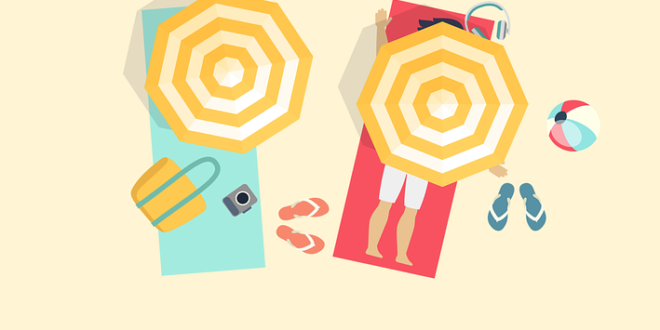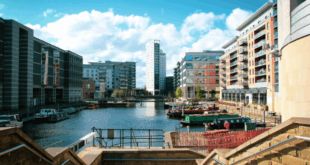Being on holiday is meant to be relaxing and provides you with a break from the day to day life, however, there is always the chance that you could have an accident or medical emergency whilst on holiday and require medical treatment, which can be hugely daunting. Experiencing injury or illness whilst on holiday can be a particularly scary and expensive experience, so knowing what to do and how to keep calm during an emergency is hugely important.
There are plenty of travellers that pick up common illnesses or have minor accidents whilst abroad, so here are some tips on how to deal with some of the most common medical emergencies whilst on holiday.
Stomach Upset
Around 40%-70% of travellers experience some form of stomach upset whilst on holiday or travelling and is one of the most common issues that holiday-goers experience. Most of the time, it can be treated with medication from the local supermarket or pharmacy, but in certain scenarios, you may require hospital attention. Whilst some of the best advice to follow whilst on holiday is to drink bottled water and avoid eating street food, there are some factors that can be completely beyond your control which can put you at risk.
If you experience stomach upset that lasts longer than 3 days, or doesn’t appear to be improving, then it is best to get it checked out, as you could be dehydrated or have an underlying infection. If your hotel has an on-site doctor, then speak to them first and see what they recommend, but in emergency situations, you might find that you have to visit the nearest hospital. This can be a daunting situation to be in, especially if there is a language barrier, but it is always best to get checked out.
Dental Emergencies
Teeth are very unpredictable and dental pain can strike at any moment, without any warning. If you start developing tooth ache whilst on holiday, then this can be treated with painkillers. But, things such as abscesses or infections will need urgent treatment and likely a course of antibiotics so that they do not get worse. If you have had dental treatment shortly before your holiday, such as dental implants or fillings/root canal, then you could be experiencing painful complications. Try to find a local dentist surgery that you can visit, or if this is unavailable, head to the nearest pharmacy. Once you get back home, be sure to pay a visit to your dentist to get everything checked out.
Minor Injuries
Minor injuries are perhaps the most common medical emergency to occur abroad and most of the time do require some hospital examinations or treatment. Things such as sprains, breaks, cuts and even sunburn can require a trip to the nearest hospital and you must ensure that you follow information and guidance given to you whilst there so as not to cause further injury and also to ensure that your travel insurance remains intact. Once you get home, you must visit your GP or local outpatient department to get your injury checked and see if you need further treatment whilst at home.
Receiving Medical Treatment On Holiday
There are a lot of medical centres and places abroad that, unfortunately, take advantage of people who are clearly on holiday and come in injured or in pain. Before you go to a hospital or medical centre, be sure to pack your passports, credit card and some cash so that you are prepared in case they ask to look at your details.
When you receive medical treatment, ask for copies of any invoices, prescriptions and medical notes/advice given to you so that you can provide your travel insurance company with all information if asked when making a claim. Some hospitals abroad are known for overcharging and overtesting holiday-patients, so make sure that you have a full breakdown of any costs and tests done. Remember, you must also get full travel insurance for everytime you go abroad, no matter how short your trip is, and ensure your GHIC (global health insurance card) is in date.
 Travellers Club The Travellers Club, a free to join on-line club for everyone who loves to travel.
Travellers Club The Travellers Club, a free to join on-line club for everyone who loves to travel.









